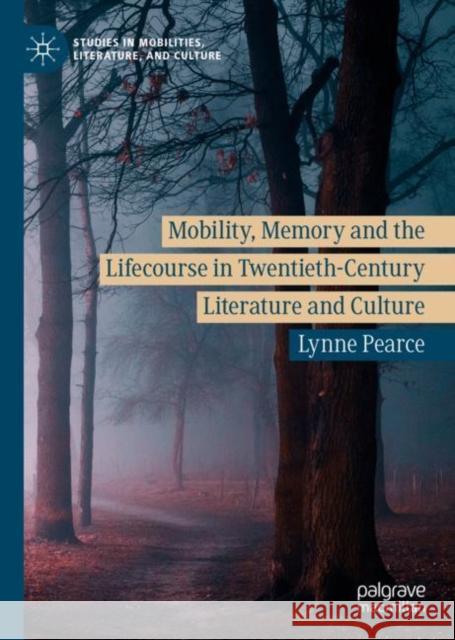Mobility, Memory and the Lifecourse in Twentieth-Century Literature and Culture » książka
topmenu
Mobility, Memory and the Lifecourse in Twentieth-Century Literature and Culture
ISBN-13: 9783030239091 / Angielski / Twarda / 2019 / 294 str.
Mobility, Memory and the Lifecourse in Twentieth-Century Literature and Culture
ISBN-13: 9783030239091 / Angielski / Twarda / 2019 / 294 str.
cena 342,14
(netto: 325,85 VAT: 5%)
Najniższa cena z 30 dni: 327,68
(netto: 325,85 VAT: 5%)
Najniższa cena z 30 dni: 327,68
Termin realizacji zamówienia:
ok. 22 dni roboczych.
ok. 22 dni roboczych.
Darmowa dostawa!
Kategorie:
Kategorie BISAC:
Wydawca:
Palgrave MacMillan
Seria wydawnicza:
Język:
Angielski
ISBN-13:
9783030239091
Rok wydania:
2019
Dostępne języki:
Numer serii:
000838903
Ilość stron:
294
Waga:
0.52 kg
Wymiary:
21.01 x 14.81 x 1.91
Oprawa:
Twarda
Dodatkowe informacje:
Wydanie ilustrowane











